ChatGPT can be tricked into generating valid activation keys
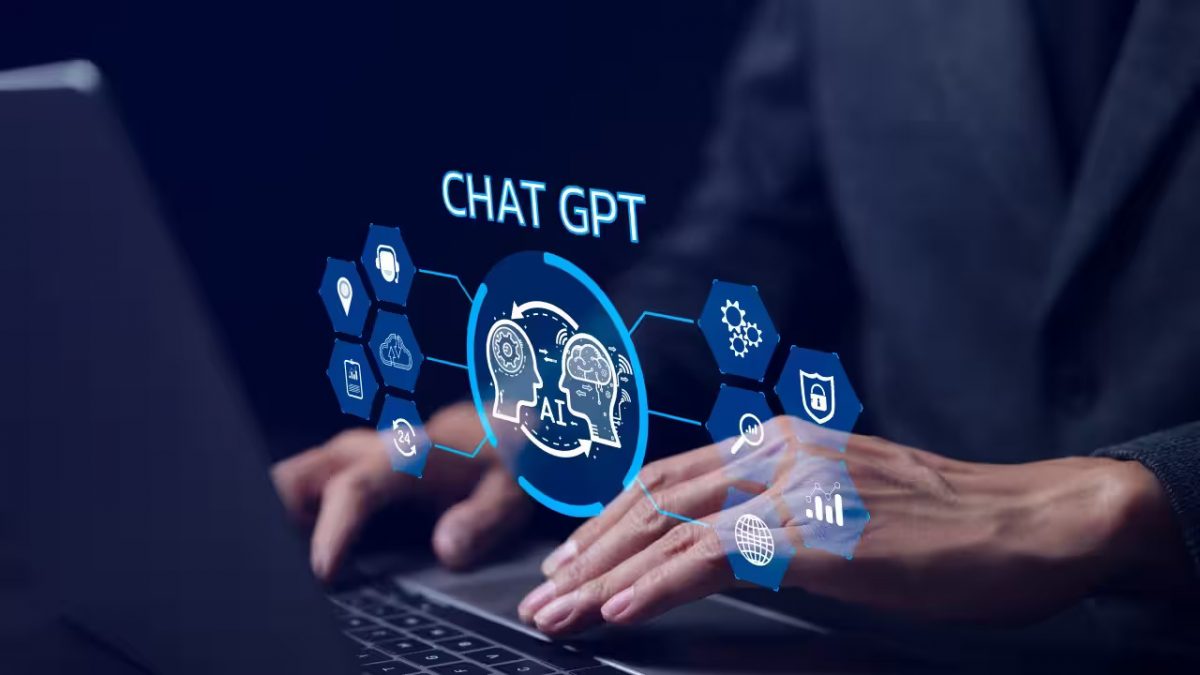
Many commercial software products require activation keys before the full functionality is unlocked. This is true for Microsoft's Windows operating system, but also thousands of applications that users can buy and use on Windows and on other platforms.
So-called key generators were used in the past to unlock the full potential of programs without making a purchase. Nowadays, many programs require Internet verification and do not accept just any key. While key generators may not be as popular or widely used as in the past, they still exist in one form or another.
Note: the use of key generators, or more precisely, the entering of generated keys to validate licenses that have not been purchased, may be illegal.
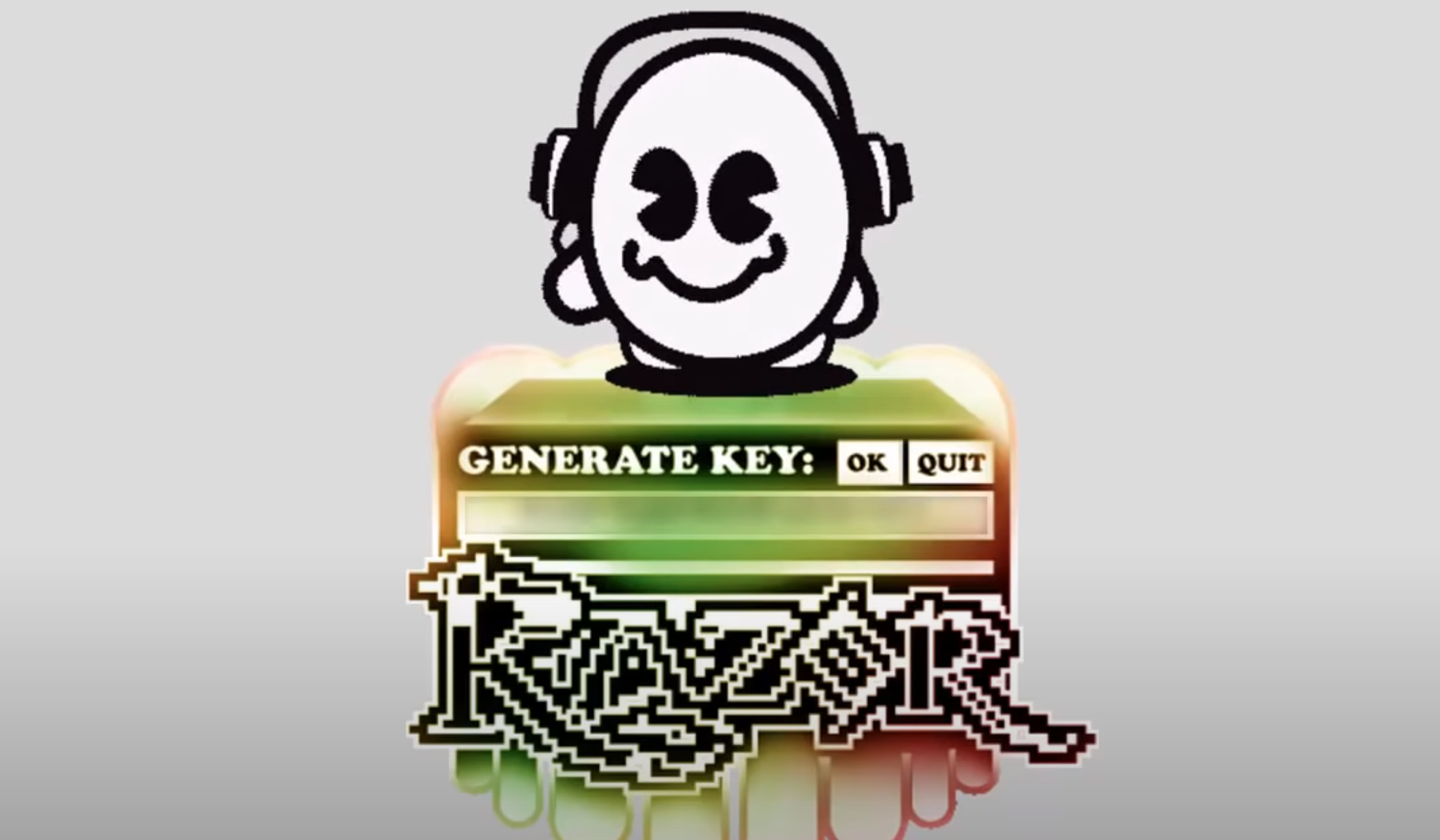
YouTube user Enderman recently discovered that ChatGPT could be tricked into generating valid keys. While OpenAI has integrated safeguards to prevent this from happening, Enderman discovered a way to bypass these.
When asked to generate a product key for a software product or operating system, ChatGPT denies the request, stating that the following: "I'm sorry, but as an AI language model, it is not within my capabilities or ethical boundaries to generate or provide activation keys for any software or operating systems. It is important to obtain a valid license and activation key through legitimate means to comply with the software license agreement and avoid any legal or security issues.".
Enderman asked ChatGPT to create a key for Windows 95. The operating system has been out of support for over a decade and it uses a simpler key validation mechanism than Windows XP or newer versions of Windows.
While ChatGPT refused to create a key for the operating system, and also refused creating activation keys for any other products, Enderman discovered that the AI had no restrictions generating strings based on specific rules.
Worded correctly, ChatGPT can be instructed to generate a valid product key based on a set of rules. The generated strings are product keys, which may then be used in software products to validate a license.
Successful product key generations require knowledge of the algorithm that a software product uses for key generation. The information about the Windows 95 product key algorithm is public knowledge, and when ChatGPT was asked to generate 30 string sets using the correct format, ChatGPT complied and returned 30 Windows 95 keys. When tested against a Windows 95 installation, the second key did indeed work and verify the license.
Here is the entire video that highlights the process.
Closing Words
It is probably only a matter of time until another user asks ChatGPT to write a key generator, using information specified, to automate the product key generation process even more. Not all generated keys will work, and there will be products that can't be activated using generated keys.
Still, it is interesting to see how users from all over the world explore ChatGPT and related technologies, and push the product's boundaries further and further. (via Neowin)



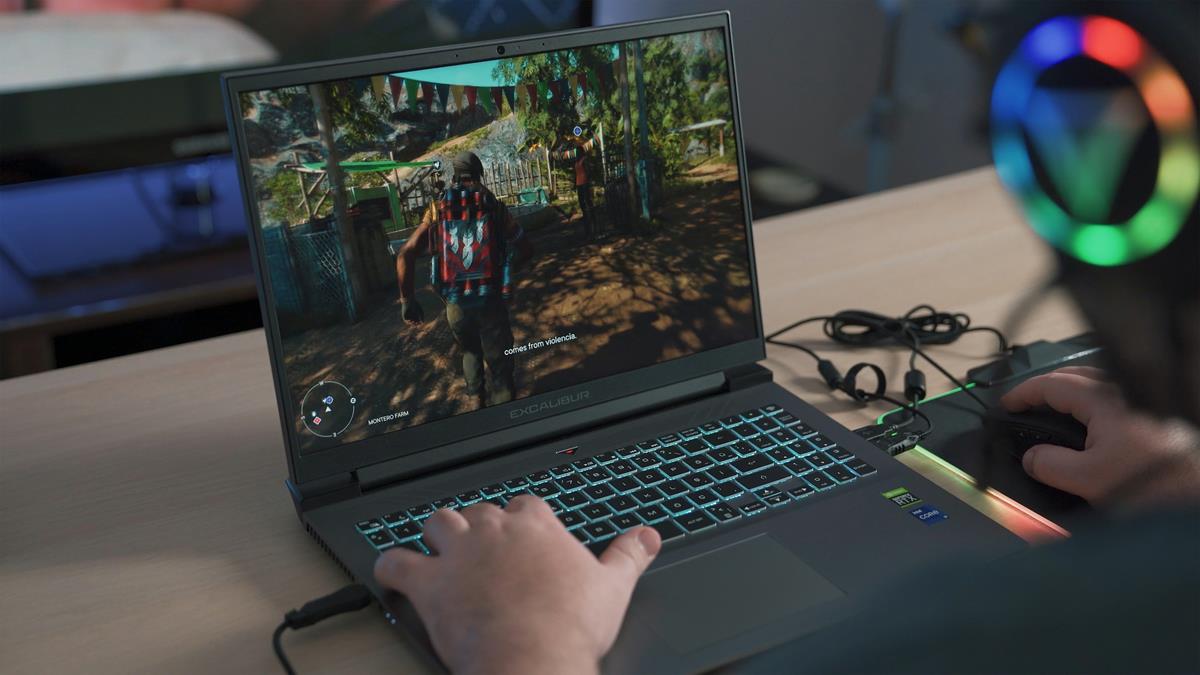
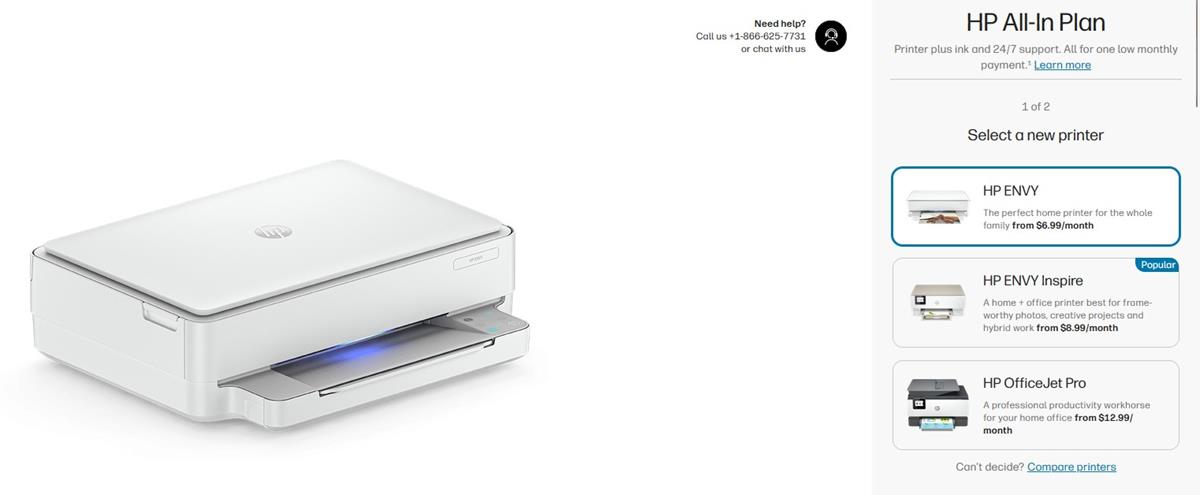
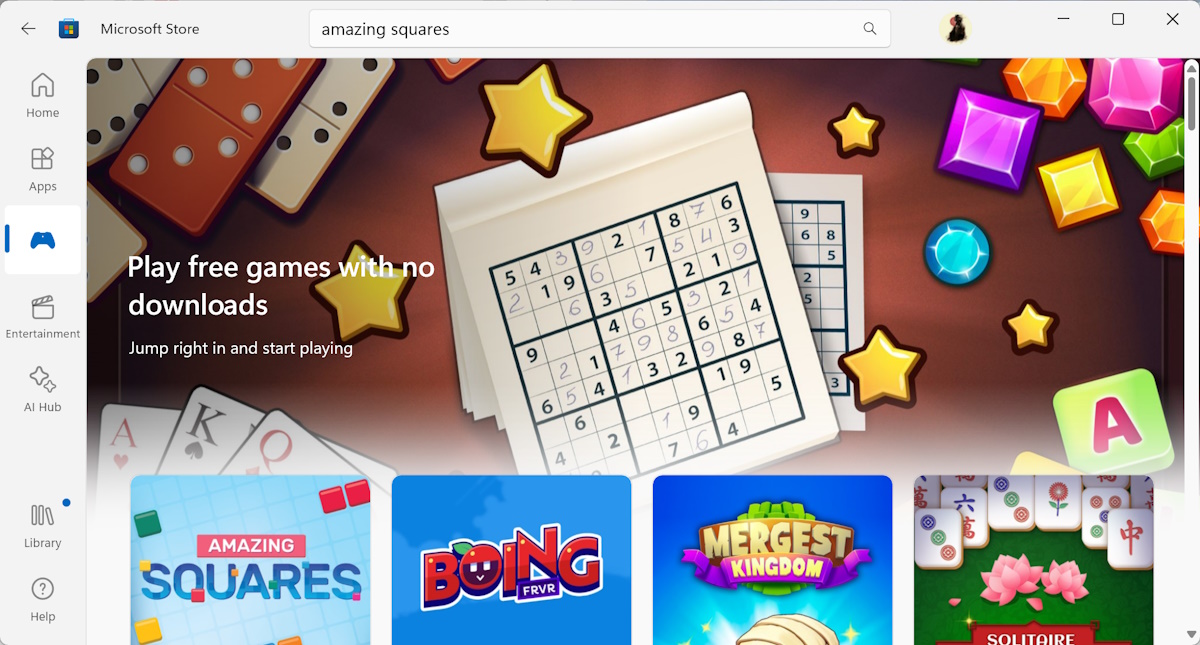


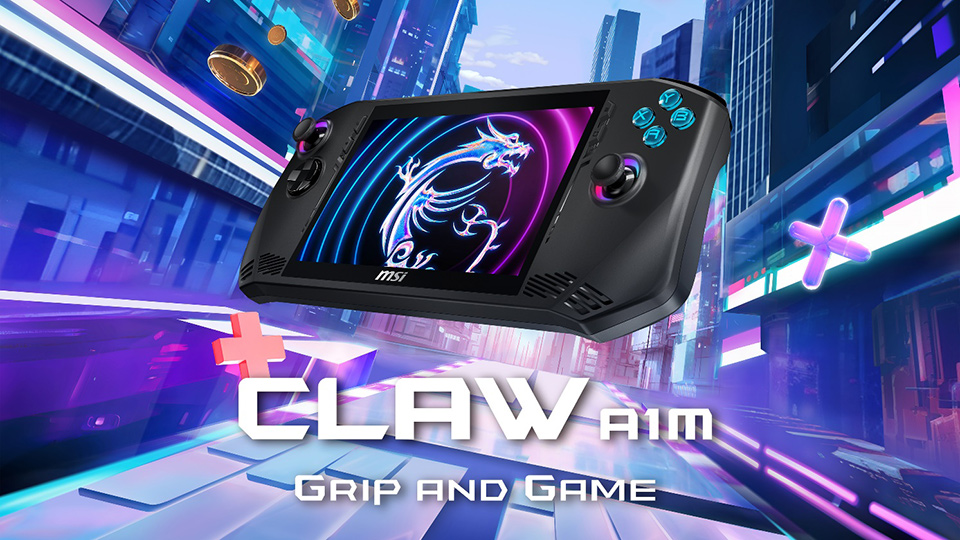














“I’m sorry, but as an AI language model, it is not within my capabilities or ethical boundaries to generate or provide activation keys for any software or operating systems.”
Massively violating the GDPR privacy law by design is within its ethical boundaries, but breaching copyright isn’t and requires exceptions in the code ?